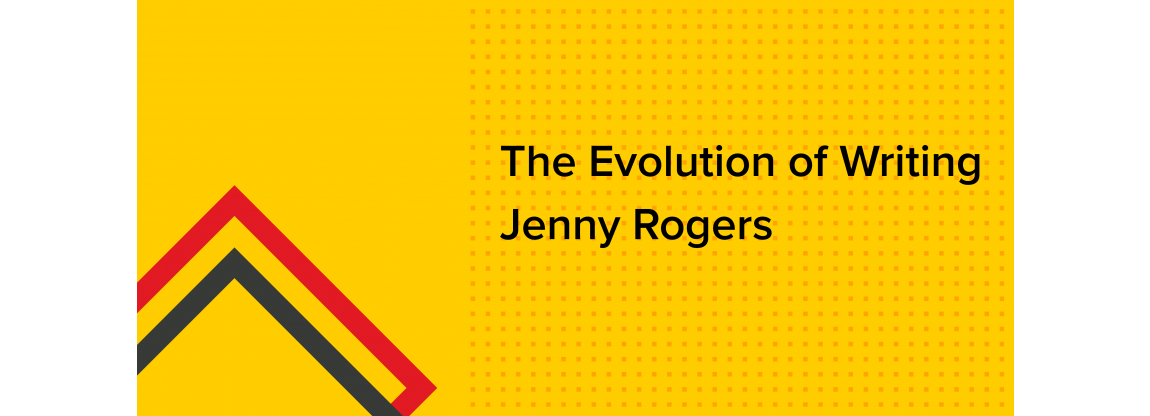Jenny Rogers: "My Writing Style Has Changed. I Am More Confident, More Opinionated, More Personal"
The first book of many
My book Adults Learning had been a small success when it was published by Penguin Education in the early 1970s. At the time it was the only book targeted directly at people who wanted to know how to educate adults rather than the small number of books on academic theories of adult learning. Then, alas, Penguin Education revealed that it was closing - and it looked as if my book would die with it.
Enter David Grugeon, a friend who was also a Regional Director for the Open University. ‘I think the Open University Press would be interested in publishing this book, it’s too useful to disappear.’ That was the beginning of my long relationship with the imprint.
The book progressed on to five editions, each one a significant rewrite of its predecessor as the adult education landscape transformed and the range of people interested in knowing how to teach adults transformed with it. It became a set book for the City and Guilds qualification in teaching adults and that helped ensure some brisk sales.
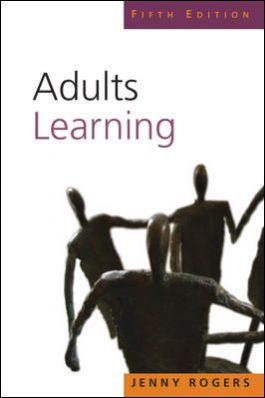

My approach to writing
I have always been a compulsive writer. If I’m not writing, I’m restless. My pattern is: this topic X or Y interests me, where’s the book that will tell me how to do it? Pause while I do the research. Then, ‘Oh, there doesn’t seem to be one, I’d better learn what I can from training, talking to colleagues, observation, thinking, doing, trying things out’. Then, ‘OK, there’s still no book on X or Y, so I’d better write one.’
As someone who toyed with, but never took, the path of an intellectual career, I realise that my lifelong interest as a writer has been in how specialists can incorporate practice with theory, especially in areas like coaching where practice leads theory.
As the great Kurt Lewin, godfather of social psychology, once said, ‘There's nothing so practical as good theory because good theory guides effective action by turning knowledge into wisdom’. As an autho,r I see my mission as looking to the heart of ‘good theory’, judging the place where it seems crucial, explaining it without losing its veracity. Along with this is the equally important aim of soliciting and sharing good practice with all its ups and downs, triumphs and miseries.
The coaching landscape
This was the origin of my book Coaching Skills: The Definitive Guide to Being a Coach, first published in 2004, now in its fourth edition, published in 2016. When I started working as an executive coach in 1990, I literally knew no one else doing it; there was no supervision, no training, no qualifications, and no helpful books.
So over a decade later, I wrote the book that I would like to have found when I was a novice myself, trying to convey the real texture of life as a coach rather than the occasionally over-optimistic ideal where the coach evidently just asks a few questions and lo! All the client’s troubles are solved!
Today, the quickest of internet searches will reveal hundreds of books on coaching, many of them excellent. But the OU Press has contributed mightily to the collective wisdom here. I believe it has the best backlist in the UK and internationally.
Our series Coaching in Practice is based on the perception that once you are past the beginner stage you could well be eager for more enlightenment. This might be on topics as diverse as how to start and run a coaching business, psychodynamics in coaching, NLP, resilience, career coaching, neuropsychology, how to build a coaching culture and many more. I’m delighted that so many of these books have been ground-breaking, for instance our latest addition to the series, Julia Vaughan Smith’s much-praised book Coaching and Trauma.
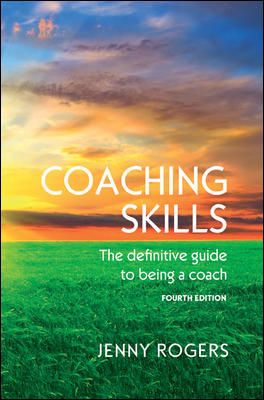

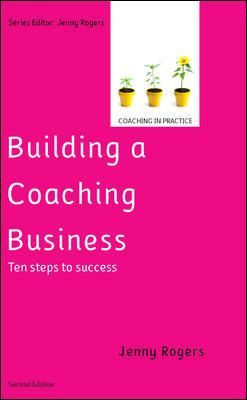

The growth of coaching
Coaching itself has increased exponentially. It has become less twitchy about what it is NOT, so the connections with psychotherapy and allied fields have become clearer and closer.
As an approach to engaging successfully and courteously, to encouraging, to informing, to teaching, to managing and leading, it has earned its stripes with applications in healthcare, mediation, education, sport, management and many others.
Apart from my own two contributions to the Coaching in Practice series, I have also written books on how doctors and other clinicians can use coaching with patients (Coaching for Health, co-authored with Dr Arti Maini) and how to use coaching as a manager (Manager as Coach, co-authored with Andrew Gilbert and Karen Whittleworth).
The development of my writing
My writing technique has changed. It has been progressively important to me to encompass the voice of the customer: how does all this seem to the learner, the client, the participant, the patient? I am more positive, more opinionated, more personal; I am willing to admit to failures - so very much more curious than surprising stories about successes.
I advise readers that I am not writing a textbook. Some people may be offended: perhaps they want the safe objectivity of an academic text. If so, I am not their author. I always include my email address and I cherish the readers who send me jokes, comments, stories, corrections, thanks and challenges from all over the world.
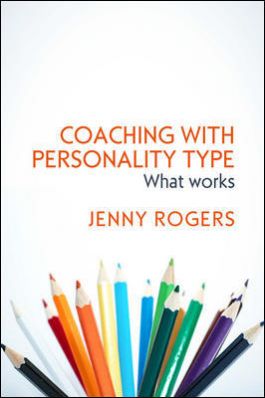

I think warmly of the many editors and publishers at the OU Press who have listened patiently to my proposals, have tolerated and moderated my suggestions and have taken the risk of commissioning books from me: John Skelton, Shona Mullen, Ruben Hale, Monika Lee and now Laura Pacey, plus a legion of tactful copy editors, publicists and production managers. Long may it last and here’s to the next 50 years.
A few years ago, in London I noticed someone on the Tube reading one of my books. I felt a strong urge to cross the carriage, saying to her, ‘I wrote that, what do you think of it?’ I was held back by the understanding that the London Underground is full of eccentric people and that for all I know there is a whole cadre of them who bound up to strangers claiming to have written the books they are reading. So, I restrained myself. But that was definitely a highlight. Thank you, Open University Press for your faith in me for all these years.
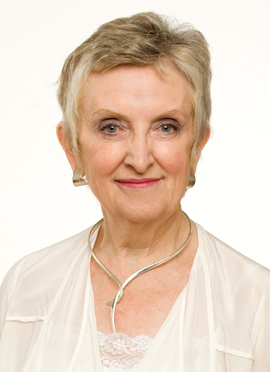

Bestselling author and series editor Jenny Rogers reflects on her publishing history and relationship with her authors.
Sign up to our newsletter

